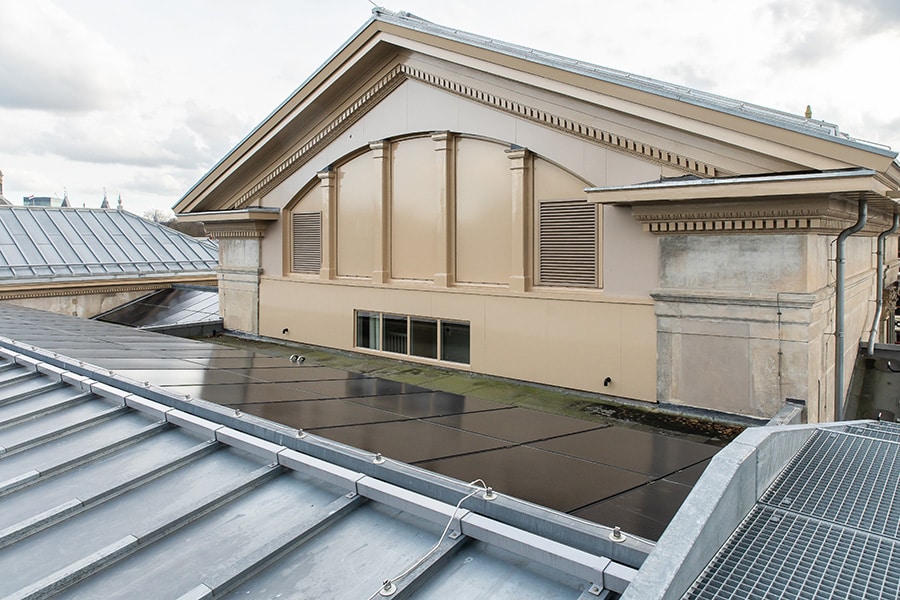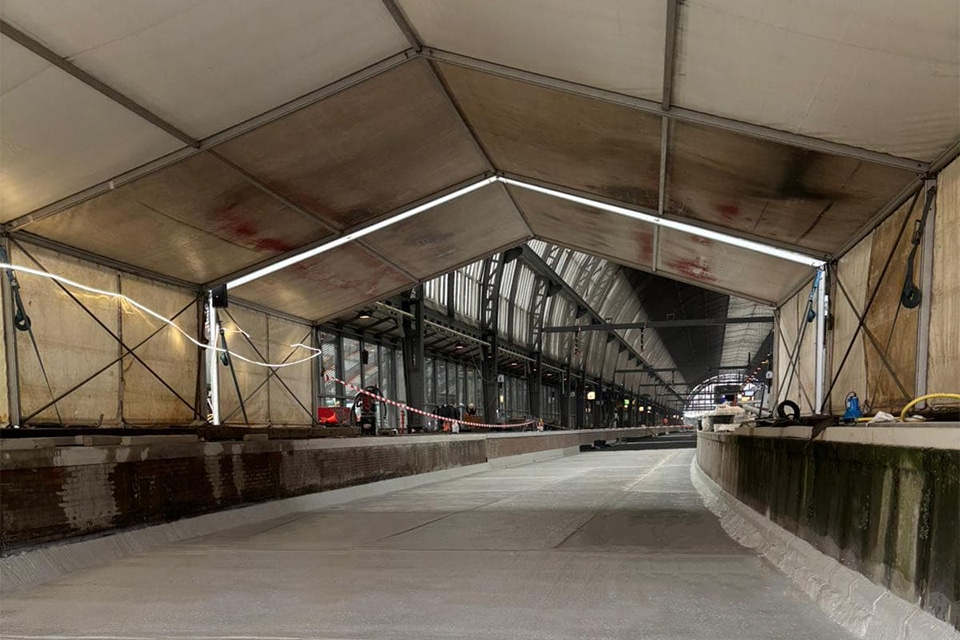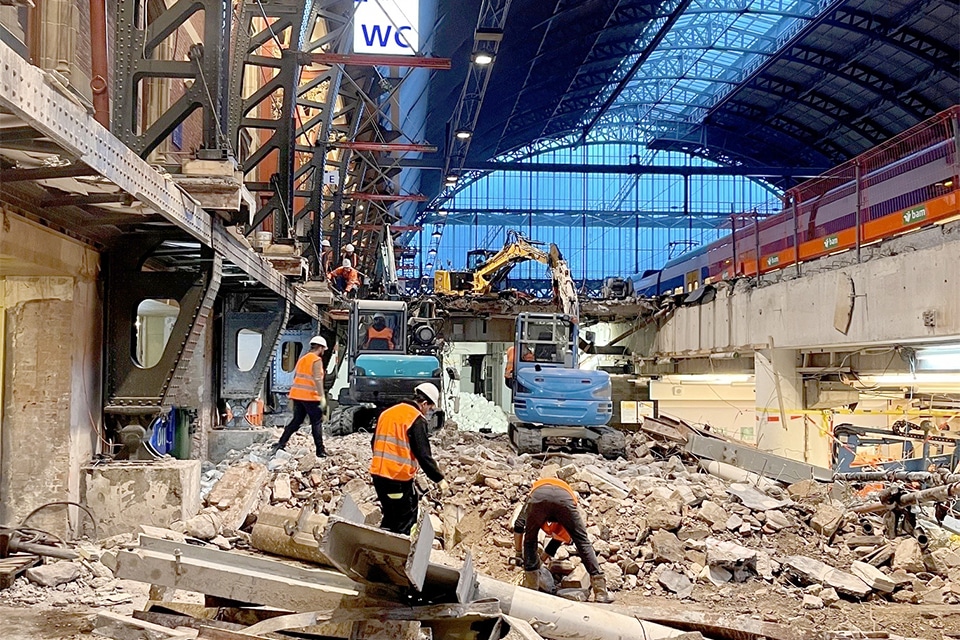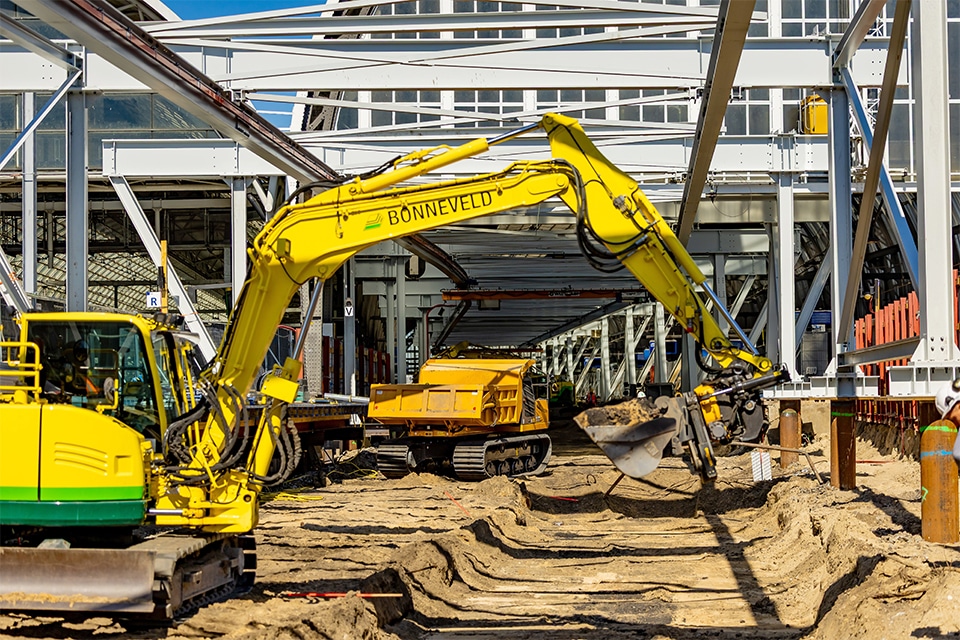
Smart installations for historic ARTIS Aquarium
Customization in a national monument
The monumental Aquarium at ARTIS in Amsterdam will soon be put back into use after a major restoration and preservation project. The national monument from 1881 received a complete technical renovation, keeping the historic character intact while bringing the building into the future.
Fitting modern systems into a 19th-century building required customization. “In renovations, it is always a challenge to get contemporary technology to fit into an existing building, and here it also had to remain completely out of sight,” says Serkan Bayram, mechanical engineering consultant at Halmos. The restoration was led by an architect who had to restore the building to its former glory. “That meant constantly searching for balance: achieving sustainability without compromising monumental value and appearance.”
Ready for connection to WKO
All installations have been renewed and prepared for ARTIS“ WKO. First, the building's energy demand was reduced as much as possible, including through improved insulation and glass. Next, low-temperature heating systems were applied so that the building will soon be able to participate in the central CHP system without any problems. ”The system is set up so that the building itself first exchanges heat and cold with the hot and cold aquarium tanks by integrating a heat pump. Only if that is not sufficient will the WKO be switched on."
Materials for saline conditions
A particular concern was the influence of salt and moisture on the installations. In the old situation, the indoor climate was very humid. Halmos therefore chose materials for each room that could withstand the specific conditions. Plastic pipes, ducts and electrics replaced steel, and for the suspension systems a careful trade-off was made between galvanized steel and stainless steel. “We had to assess each room individually. The conditions in a filter cellar are completely different from those in the public rooms.”
Supervision and fine-tuning
During execution, Halmos monitored quality, checked drawings and tested the operation of the installations. Even in the completion phase, the firm remained involved. For example, the control technology is constantly being refined so that the system switches more subtly between internal exchange and the CHP. In addition, Halmos advised on exhibits, for example, those that might affect air distribution and electrical connections.
Cooperation and pride
For Bayram, the collaboration in particular stands out. “Client, design team and contractor really stood side by side. Everyone did what they do best, respecting each other's work.” He says the result is a building that not only looks great, but also has a pleasant and stable indoor climate. “When you see how humid it used to be and how well it works now, you're really proud to have participated in this.”




